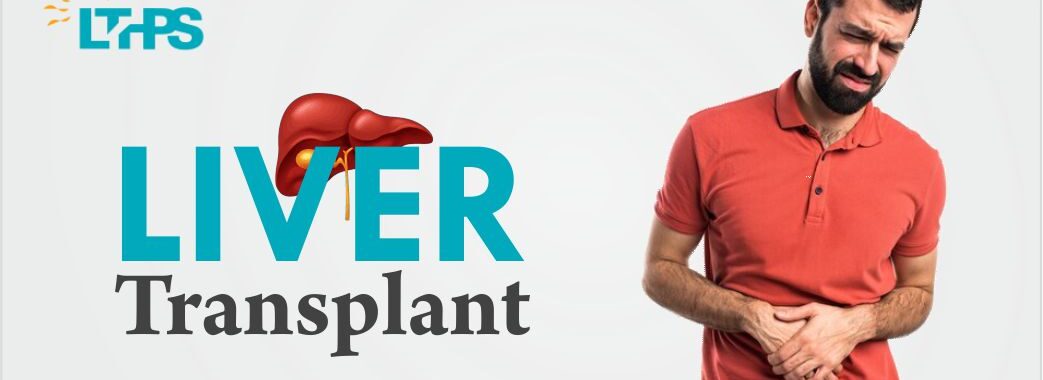Liver transplantation is necessary when the liver stops to function in the proper way. This could occur commonly because of acute failure from infections or complications arising from certain medications. Surgery of Liver transplant requires replacing a not functional liver with a healthy liver; where the healthy liver can be taken from either a deceased donor or donated by a living person.
What does a healthy liver performs?
The liver, body & largest internal organ, serves several vital functions, including:
Processing nutrients, medications, and hormones
Generating proteins necessary for blood clotting
Producing bile, crucial for absorbing fats, cholesterol, and fat-soluble vitamins
Regulating immune responses to prevent infection
In an ideal scenario, liver transplants are suggested for individuals facing serious complications due to advanced stages of chronic liver disease. In many other instances of abrupt failure in an otherwise healthy liver, transplant might also be an option.
More to consider before a Liver transplant:
The reason this procedure works is that the human liver has an incredible capacity to regenerate and quickly restore itself to its normal size following the surgical removal of a portion. As per a U.S., data in the year 2018, almost 8,200 liver transplants were conducted involving both adults and children. Among these, around 390 transplants utilized livers from living donors. Simultaneously, about 12,800 individuals were on the waiting list, anticipating a liver transplant.
Specific indications encompass various conditions such as:
Extrahepatic biliary atresia or hypoplasia Acute hepatic fulminant failure Additionally, other conditions such as Sclerosing cholangitis, Hepatic vein thrombosis (Budd- Chiari), Hepatocellular Carcinoma (HCC) at Stage I or II, or a single lesion, and various forms of cirrhosis including primary or secondary biliary cirrhosis, alcohol-related cirrhosis, chronic active hepatitis (A, B, C, non A, non B, autoimmune), cryptogenic cirrhosis, NASH-related cirrhosis, congenital biliary cirrhosis, viral cirrhosis, among others, are encompassed within this spectrum of liver-related disorders.
How does the transplant center performs?
Transplant centers house specialized Liver Transplant Programs designed to evaluate and treat these conditions. These programs offer comprehensive overviews, specific indications for transplantation, different types of transplants available, dedicated transplant teams, the transplantation process, discharge procedures, recovery plans, and specialized pediatric liver transplant programs. Additionally, some centers provide options for Living Donor Liver Transplant procedures.
Some more to understand: Liver transplant becomes necessary when the liver sustains significant damage, impairing its proper function. Key indications for a liver transplant comprise:
• Liver Failure: End-stage liver disease or failure resulting from chronic conditions such as cirrhosis, hepatitis, or genetic disorders.
• Chronic Liver Disease: Conditions like hepatitis B or C, autoimmune hepatitis, alcoholic liver disease, primary biliary cirrhosis, primary sclerosing cholangitis, and nonalcoholic fatty liver disease can lead to severe liver damage.
• Liver Cancer: Specific types of liver cancer confined to the liver may necessitate a transplant.
• Acute Liver Failure: Sudden and severe liver damage, often triggered by drug overdose, hepatitis, or other acute conditions, may urgently require transplantation.
• Genetic Disorders: Inherited liver conditions like hemochromatosis, Wilson & disease, or alpha-1 antitrypsin deficiency can cause liver damage, potentially requiring a transplant.
• Recurrent Liver Failure: In instances where a previously transplanted liver is failing or being rejected, another transplant might become necessary.
Final Words-
Need a liver transplant – considering factors discussed here in the blog. First most important is the patient & general health, and then next is the extent of liver disease. Next is availability of the donor. Evaluation at a transplant center involves thorough testing and assessment to determine if
transplantation is the most suitable path forward. Do get consultation at a proper time to deal with it.

